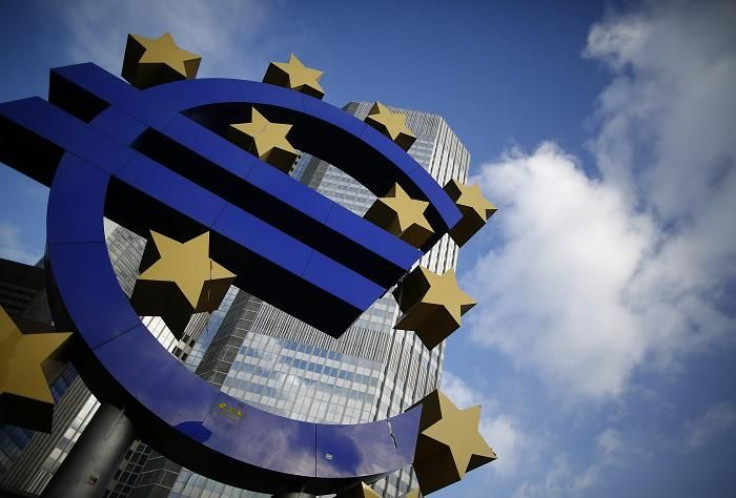European Leaders, Making Major Concessions, Move Forward on Banking Union

The holiday spirit seems to have gotten into the leaders of the euro zone, as key players in the continuing saga of the Continent’s debt and financial crisis announced breakthroughs in negotiations that amounted to Christmastime gifts to Greece and Britain.
First, in an announcement Wednesday evening, European Union negotiators announced they had reached an agreement to award Greece a new round of bailout financing worth €34.3 billion, in spite of having very narrowly missed the debt reduction targets set for a recent debt buyback.
“This has been, as you remember, a difficult process,” Eurogroup President Jean Claude Juncker said in a press conference after the announcement was made, according to the Financial Times. “But now – with the strong resolve of the Greek government and the close watch of the troika – we are convinced that the programme is back on sound track. We are ready to take additional measures so that it stays that way, provided Greece is up to its commitments.”
“Solidarity in our union is alive,” Antonis Samaras, the Greek prime minister, noted, adding “Grexit is dead.”
But the disbursement of the funds to save Greece was not the only thing the Eurogroup leaders had in their gift bag.
Making massive concessions to the government of the United Kingdom, which essentially will allow it to veto many decisions it does not agree with in the future, the countries of Europe agreed on the framework for a Continent-wide banking supervisor.
Under the guidance of the ECB, the supervisors will be responsible for thousands of European banks, in a step closer to a banking union.
Yet the supervisor is weak by design: There is no common insurance mechanism, something Germany has repeatedly said it will not agree to until the euro zone members enter into a more perfect fiscal union. And it was set up in a way that bent over backwards to avoid challenging London as the center of European finance.
Indeed, Greg Clark, the Treasury minister responsible for the City, told London’s The Telegraph the deal was "very good for Britain," adding that the U.K. “got all that we asked for.” Particularly, major decisions by the bank supervisor would have to be approved by a majority of both the 17 members of the euro zone and the 10 European Union members who are not in the common currency block. Britain will also have veto power to stop the ECB from any actions that “undermine” a particular country.
Still those small details, and other bigger unresolved ones, were not enough to tamp the enthusiasm of European leaders Thursday.
“As we approach the end of this turbulent year, Cassandras have been proven wrong,” Olli Rehn, European Commissioner for Economic and Monetary Affairs, said at the press conference announcing the plans.
© Copyright IBTimes 2024. All rights reserved.











